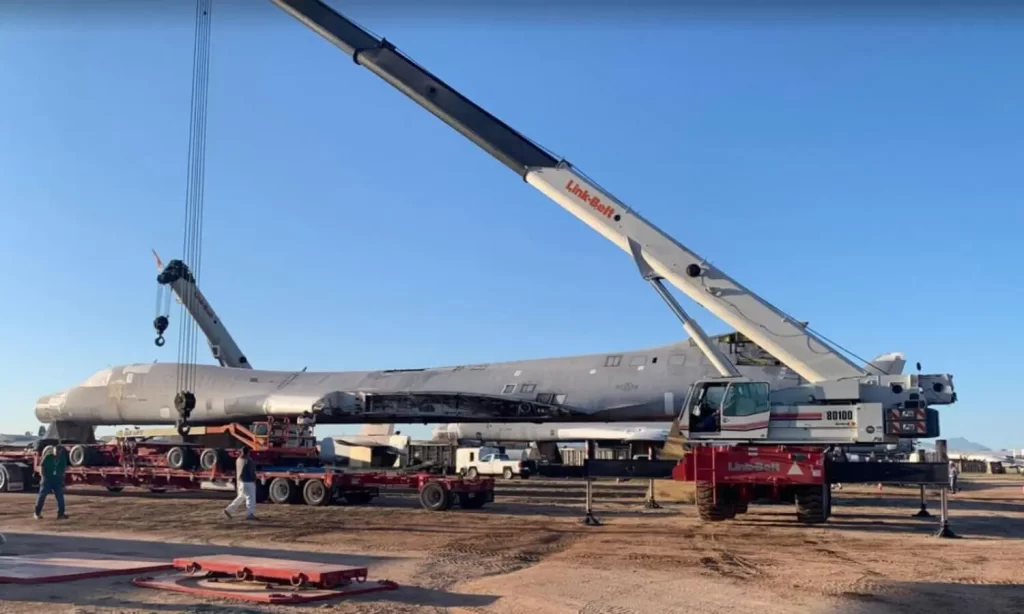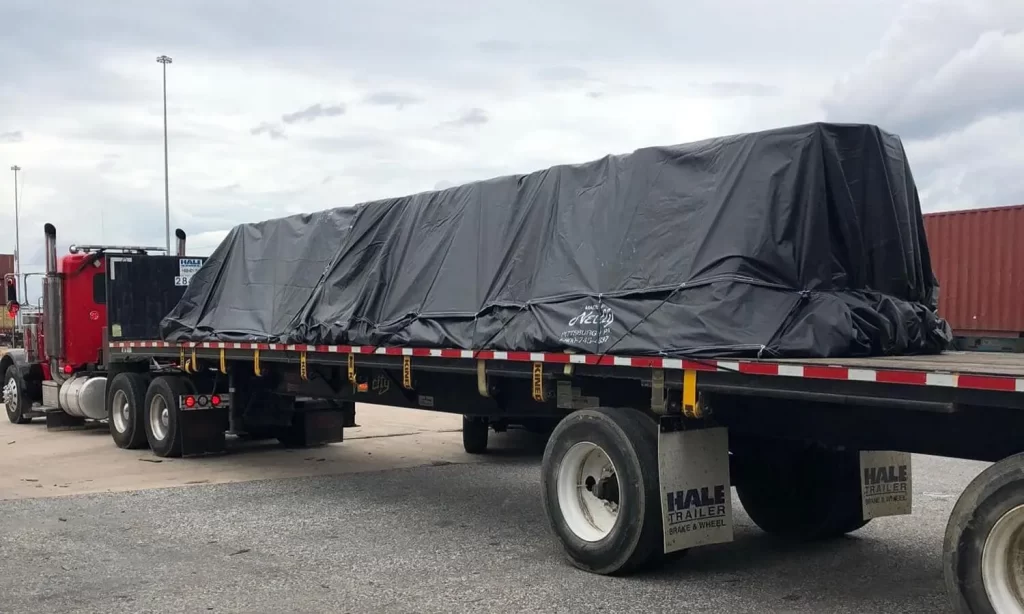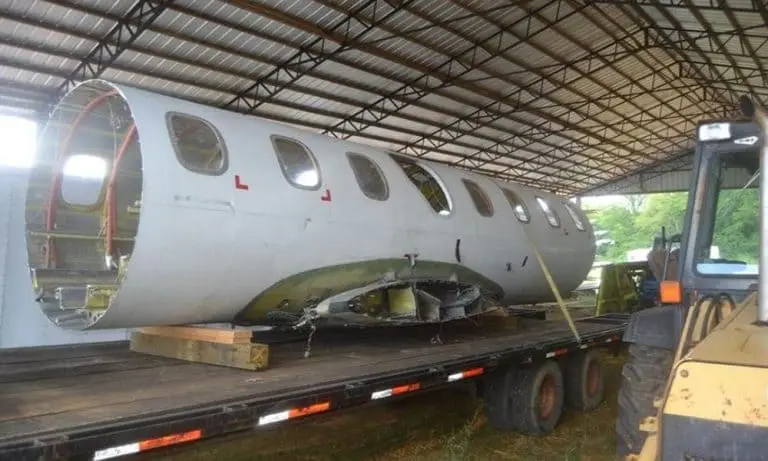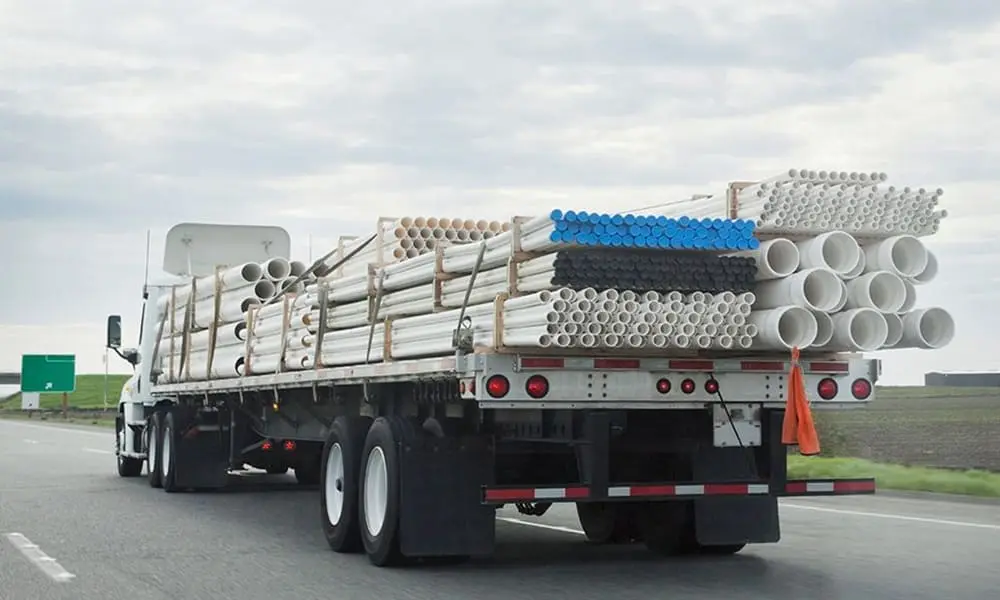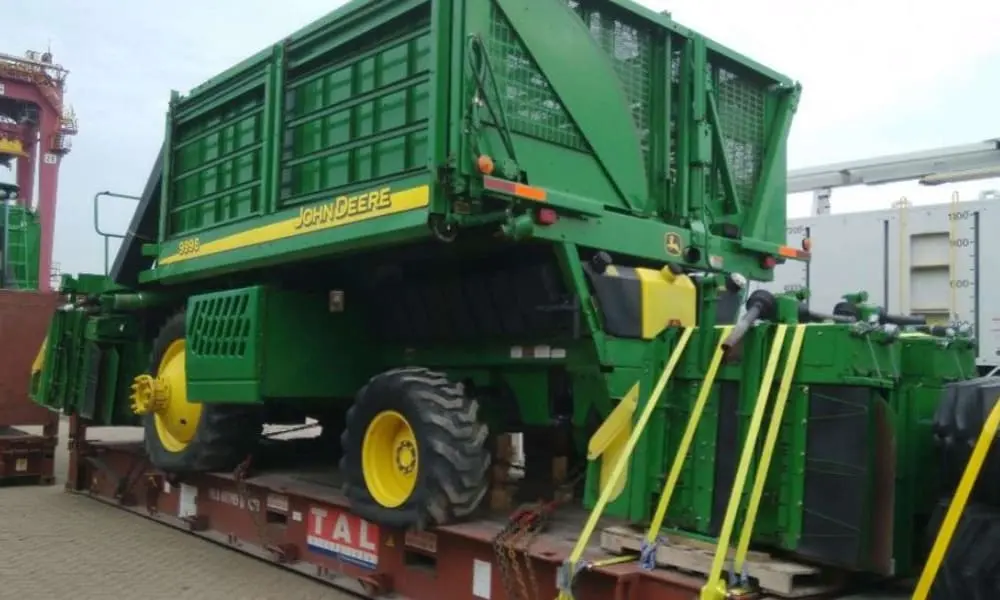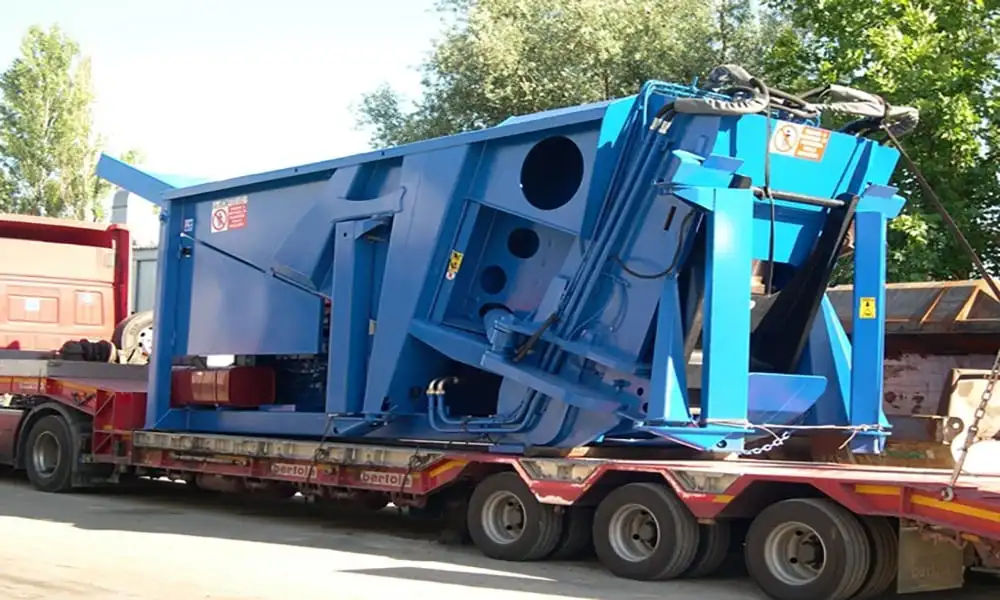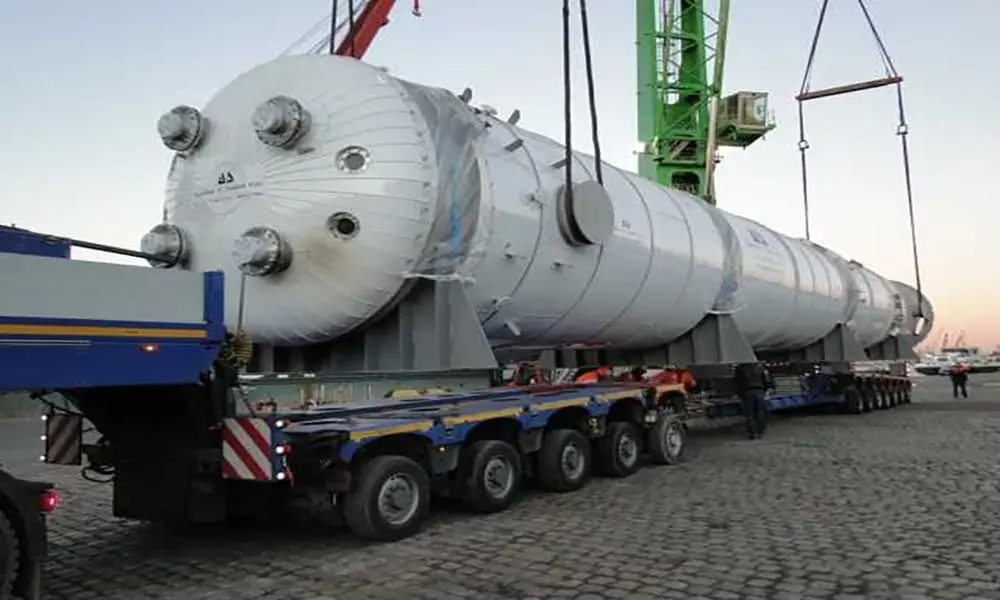Flatbed Hauling Quotes does a great job and has excellent customer service. Highly recommended!
Very friendly staff that made shipping easy and affordable. Would recommend this company for anyone looking to ship something because of the fantastic service I received. I look forward to using Flatbed Hauling Quotes again in the future, thanks!





